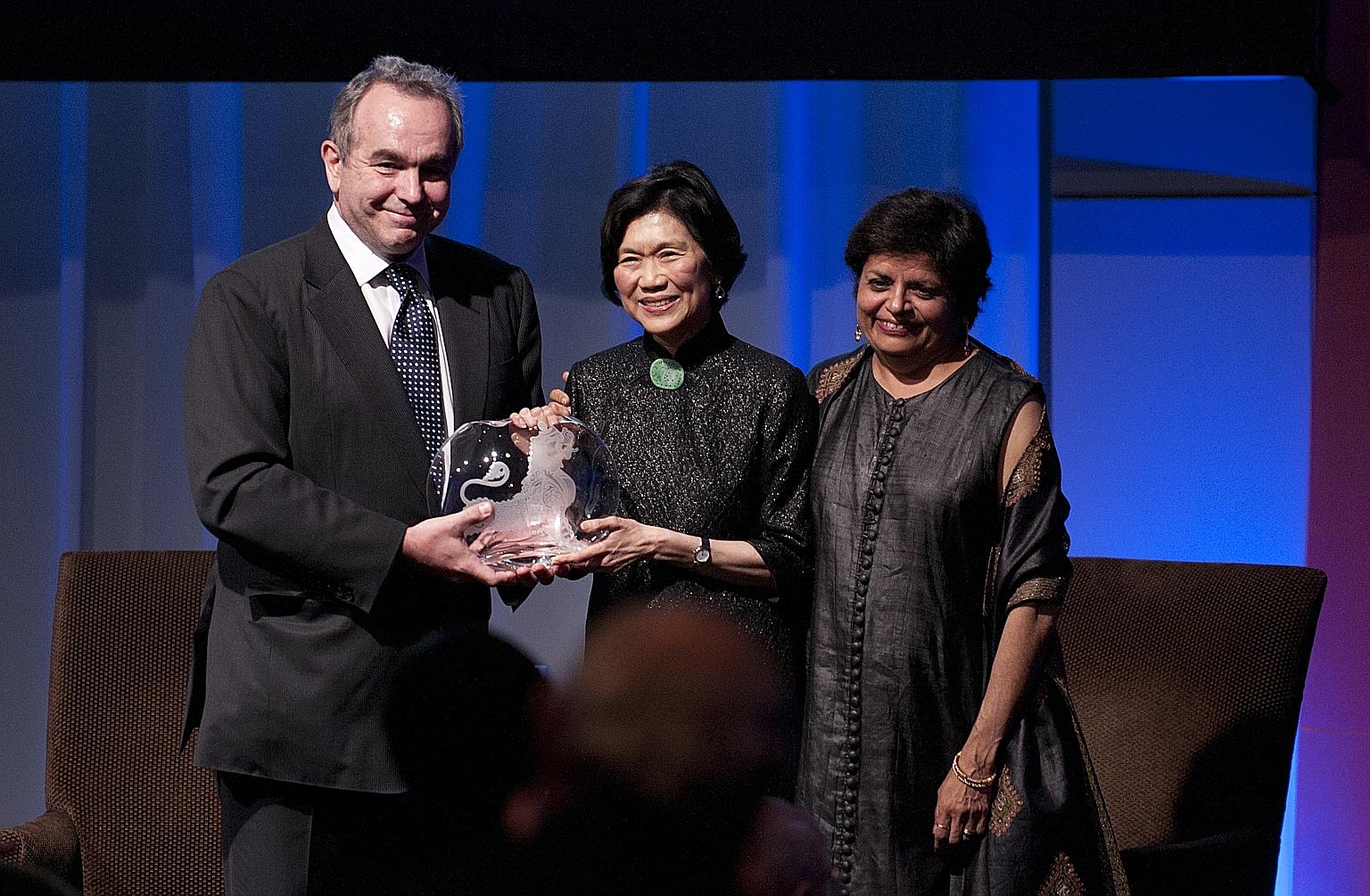Coronavirus: US-China relations
No more engagement with China - it's competition, says US official
Sign up now: Get insights on Asia's fast-moving developments

Mr Kurt Campbell, the US coordinator for Indo-Pacific affairs on the National Security Council, says US policy towards China will now operate under a "new set of strategic parameters" and that the dominant paradigm is going to be competition.
BEIJING • The United States is entering a period of intense competition with China as the government running the world's second-biggest economy becomes ever more tightly controlled by President Xi Jinping, the White House's top official for Asia said.
"The period that was broadly described as engagement has come to an end," Mr Kurt Campbell, the US coordinator for Indo-Pacific affairs on the National Security Council, said on Wednesday at an event hosted by Stanford University.
US policy towards China will now operate under a "new set of strategic parameters", Mr Campbell said, adding that "the dominant paradigm is going to be competition".
Chinese policies under Mr Xi are in large part responsible for the shift in US policy, Mr Campbell said, citing military clashes on China's border with India, an "economic campaign" against Australia and the rise of "wolf warrior" diplomacy.
Beijing's behaviour was emblematic of a shift towards "harsh power, or hard power", which "signals that China is determined to play a more assertive role", he said.
The blunt comments were among several signs of fresh tensions between the two countries, even as US Trade Representative Katherine Tai and Chinese Vice-Premier Liu He held their first phone call.
Before the talks, Ms Tai told Reuters that the two sides faced "very large challenges" and President Joe Biden announced that he had ordered the US intelligence community to "redouble" its efforts to determine whether the Covid-19 virus had escaped from a Chinese laboratory.
Chinese Foreign Ministry spokesman Zhao Lijian said yesterday at a regular press briefing in Beijing that the two countries "stand to gain from cooperation and lose from confrontation".
"China-US relations will naturally experience some competition, which is prevalent among other major-country relations, but it is wrong to define the relationship with competition because it will only lead to confrontation and conflict," he said.
The two countries are also locked in disputes over Beijing's claims over the South China Sea, human rights in the Xinjiang region, the future of Taiwan and Hong Kong, and economic concerns including the deployment of 5G technology and a global shortage of semiconductors.
Chinese and US officials have said they see areas of cooperation, particularly on climate change, but on many other issues the relationship is far more frosty.
"The US idea of engagement is one that has conditions and is about bringing China into its system, not only in economics but also in politics," said Professor Wang Yiwei, director of Renmin University's Institute of International Affairs and a former Chinese diplomat.
"The US sees China overtaking its own economy, so it is looking to contain China and prevent it from moving up the value chain."
Mr Campbell described Mr Xi as "deeply ideological, but also quite unsentimental" and "not terribly interested in economics".
"We believe that the best way to engage a more assertive China is to work with allies, partners and friends," Mr Campbell said, adding that "the best China policy really is a good Asia policy".
Still, he said, the US will need to dispel fears of American decline in Asia and offer a "positive economic vision" for the region.
"For the first time, really, we are now shifting our strategic focus, our economic interests, our military might more to the Indo-Pacific," Mr Campbell said.
BLOOMBERG


